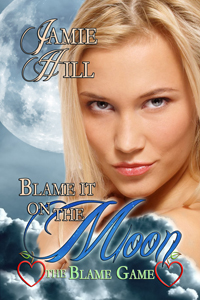So you aspire to be a writer?
What is the first step? Start
with determining your goals. What? Well, it’s not all that complicated but goals
will be the most important step you take to becoming a successful writer. What are your expectations and how are you
going to accomplish them? Map out your
path to success.
Next would be to decide what genre you want to write and study
the guidelines. They are different for
most genres and I’ll even add the best advice I was ever was given is from NY best-selling
author, Kat Martin. She said, “Write
what you love to read.” That advice is
worth your weight in gold.
Many people study writing before typing that first word – I’m
not saying that’s bad, but I will say it can be a form of procrastination! If you have three books on writing . . . great . . . more. . . also great. But, don’t turn this stack of book on your
office desk or on your Kindle Fire your top priority. I’m a firm believer in diving in and learning
as you go. I have books on writing - don’t get me wrong – we always should be
open-minded and willing to learn how to become better writers. I’m just saying reading about writing
should not take the place of actual writing.
Have a good idea what you want your cover to look like. Most publishers will ask for your input, and
you should be prepared. Take advantage
of your publisher’s expertise and advice, but also be professional and know
what your vision is. Before I published
I created book covers every time I finished a book. Each cover represented my vision – and I had
my name on them, too. I posted them in
the middle of my cork board in my office.
Did that excite, inspire, and fire me up to keep writing? You bet it did!
.jpg) Be prepared to promote your books, and start building that
platform and fan base. Know your market
and be ready to be the promotional service that will send your sales soaring.
Be prepared to promote your books, and start building that
platform and fan base. Know your market
and be ready to be the promotional service that will send your sales soaring.
So have a vision . . . imagine that book cover with your name on
it . . . set goals . . . write that book . . . and be ready to sell books.
Please watch for my fifteenth book, a suspense,Thunder.




















.jpg)

.jpg)




